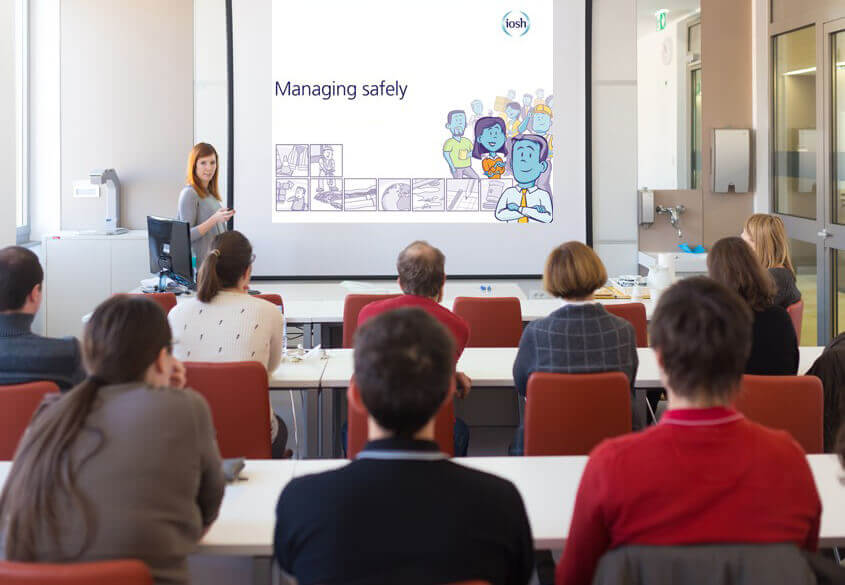Introduction:
Motivational Interviewing (MI) is an evidence-based, person-centered counseling technique designed to inspire and enhance an individual’s motivation to change. The article review toward a theory of motivational interviewing explores how MI provides a strategic framework for practitioners to engage with clients, facilitate meaningful conversations, and guide them toward positive behavior change. With its roots in psychology, MI has grown from a therapeutic intervention to a widely utilized approach in various sectors, from healthcare and addiction treatment to education and social work. This article provides an in-depth exploration of MI’s key concepts, techniques, and practical applications, revealing how this powerful tool can be harnessed for lasting transformation.
What is Motivational Interviewing?
Motivational Interviewing was first developed by clinical psychologists William R. Miller and Stephen Rollnick in the early 1980s as a way to help individuals resolve ambivalence about behavior change, particularly in the context of addiction treatment. MI is based on the understanding that people are more likely to change when they feel understood, respected, and empowered to make decisions for themselves. The technique fosters an empathetic, non-confrontational environment where individuals can explore their feelings, gain insight into their motivations, and ultimately arrive at a decision to change that is self-driven rather than imposed by external pressures.
At its core, MI is rooted in the belief that individuals have the capacity and autonomy to make meaningful changes in their lives. The therapist’s role is to act as a guide, helping clients explore their thoughts, feelings, and values, and facilitating a deeper understanding of their goals and desires. Through the use of open-ended questions, reflective listening, and affirmations, MI helps clients recognize their intrinsic motivation to overcome challenges and achieve personal growth.
The Four Key Principles of Motivational Interviewing:
- Express Empathy: Empathy is a fundamental aspect of MI. By actively listening to the client and understanding their perspective without judgment, the practitioner creates a safe space where the individual can explore their thoughts and feelings openly. Expressing empathy builds rapport and trust, helping the client feel heard and validated.
- Develop Discrepancy: One of the primary goals of MI is to help clients recognize the discrepancy between their current behaviors and their broader values or goals. By highlighting this gap, practitioners encourage individuals to consider the costs of maintaining the status quo and the benefits of making a change. This process of exploring ambivalence helps to spark motivation for change.
- Roll with Resistance: MI emphasizes that resistance is a natural response to perceived pressure. Rather than confronting or arguing with clients, the practitioner rolls with resistance by acknowledging and exploring the reasons for their reluctance to change. This approach helps reduce defensiveness and fosters collaboration rather than conflict.
- Support Self-Efficacy: MI encourages individuals to believe in their ability to change. By supporting self-efficacy, the practitioner reinforces the client’s confidence in their own capabilities and empowers them to take ownership of the change process. This principle is vital in helping clients recognize that they have the tools and resources to make sustainable changes.
Techniques Used in Motivational Interviewing:
Motivational Interviewing employs a range of techniques designed to elicit and strengthen the client’s motivation for change. These techniques include:
- Open-Ended Questions: These types of questions invite clients to elaborate on their thoughts and feelings. Instead of asking yes/no questions, open-ended questions encourage clients to think more deeply and reflect on their values, motivations, and desires for change.
- Affirmations: Affirmations are positive statements that acknowledge the client’s strengths, efforts, and progress. By recognizing and validating the client’s achievements, affirmations help build self-confidence and reinforce the belief that change is possible.
- Reflective Listening: This technique involves listening carefully to the client’s words and reflecting them back in a way that encourages further exploration. Reflective listening helps the practitioner understand the client’s underlying emotions, thoughts, and concerns while promoting a sense of being understood.
- Summarizing: Summarizing involves restating key points of the conversation in a concise manner. This technique ensures that both the client and the practitioner are on the same page, reinforcing the progress made and highlighting the important themes of the discussion.
Motivational Interviewing in Practice: Applications Across Fields
While MI was originally developed for addiction counseling, its principles have been widely applied across a variety of fields. Below are some areas where MI has been proven effective:
- Healthcare: In medical settings, MI is used to help patients manage chronic conditions, adopt healthier lifestyles, and adhere to treatment plans. MI encourages patients to take an active role in their health and well-being, fostering behavior change through personalized conversations and goal setting.
- Addiction Treatment: MI is particularly effective in addressing ambivalence in individuals struggling with substance use disorders. By facilitating a non-judgmental conversation about the pros and cons of continued substance use, MI helps individuals gain clarity about their desire to change and develop a sense of personal responsibility for their recovery.
- Mental Health Counseling: MI has been applied in the treatment of various mental health issues, such as anxiety, depression, and eating disorders. By helping clients explore their values and goals, MI encourages positive changes in thought patterns and behaviors, facilitating long-term mental well-being.
- Education and Parenting: MI has been increasingly used in educational and parenting contexts, helping students and parents engage in conversations about motivation, behavior, and goals. It encourages individuals to find their own reasons for change, rather than relying on external pressure or authority.
The Benefits of Motivational Interviewing:
The benefits of Motivational Interviewing extend far beyond its immediate application in counseling sessions. Some of the most notable advantages include:
- Enhanced Motivation for Change: MI helps individuals tap into their intrinsic motivation, making them more committed to the change process.
- Improved Client-Provider Relationships: By fostering an empathetic, collaborative environment, MI strengthens the therapeutic relationship and increases trust between clients and practitioners.
- Sustainable Behavioral Change: By focusing on the client’s own motivations, MI encourages lasting change that is more likely to endure over time.
- Reduction in Resistance: MI’s non-confrontational approach reduces resistance and defensiveness, helping clients feel more open to change.
Conclusion:
Motivational Interviewing is a powerful and flexible technique that has the potential to transform the way we approach behavior change. Whether in addiction treatment, healthcare, or education, MI provides a framework for fostering motivation, building trust, and empowering individuals to take control of their own transformation. The article Review Toward a Theory of Motivational Interviewing underscores the importance of MI in supporting long-term, sustainable change, and its effectiveness in diverse settings proves that its principles can be applied across many areas of life. By unlocking the power of MI, practitioners can create positive, lasting impacts on the lives of those they work with, guiding them toward a better future.




